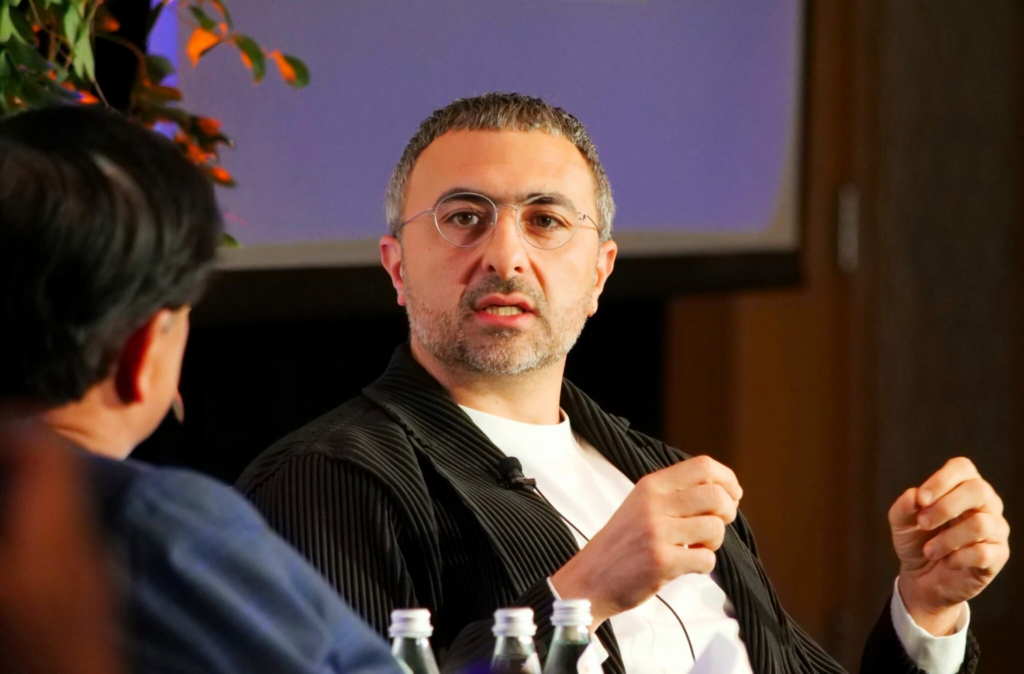
AI CERTS
6 months ago
Microsoft AI CEO: Long-Term Memory is the Future of Interaction
During a keynote address at the Madrona IA Summit on Wednesday, Mustafa Suleyman, CEO of Microsoft AI, underscored the transformative potential of long-term memory in artificial intelligence. This revelation coincided with the launch of Microsoft’s revamped personal Copilot, which enables users to engage in natural voice conversations with AI. However, the current iteration cannot retain information across sessions, signaling a critical area for future development.

Microsoft AI CEO Suleyman, who co-founded DeepMind and previously served as a vice president of AI at Google, has recently taken the helm at Microsoft AI after co-founding Inflection AI, a startup focused on consumer AI solutions. His leadership at Microsoft comes at a time when the tech giant is keen on enhancing user experience through AI innovations.
Microsoft AI CEO A Shift in Perspective
Suleyman articulated a fundamental shift in how AI is perceived, moving away from traditional application-based frameworks toward viewing AI as a relationship-building tool. “For the first time in human history, machines have learned to speak our languages,” he stated. “The programming interface has already fundamentally changed. This evolution allows everyone access to tools to shape the digital landscape, which, in turn, reshapes us.”
His vision for AI development emphasizes crafting relationships that are not only functional but also meaningful and trustworthy. “My team and I are now in the business of engineering personality,” he said. “That is the new platform, as far as I see it.”
The AI Triad: IQ, EQ, and AQ
Suleyman broke down the components that define advanced AI systems: factual accuracy (IQ), emotional intelligence (EQ), and actionability (AQ). He noted that while advancements in these areas are predictable, the integration of long-term memory is essential to unify these capabilities. “Memory is the missing piece that loops all those together,” he explained, expressing optimism that advancements in memory retention could materialize within the next 18 months.
Suleyman acknowledged the industry's preoccupation with achieving artificial general intelligence (AGI) a level of AI on par with human cognitive capabilities but proposed a more nuanced definition of intelligence. “It may be that directing processing power to the right subsystem at the right time serves as a meta-enabler that helps us leapfrog traditional scaling challenges,” he said.
“If we can successfully combine strong IQ, EQ, AQ, and memory, we’ll be equipped with an exceptionally powerful system,” he added.
Implications for AI Interaction
The implications of Suleyman’s insights could be far-reaching. By implementing long-term memory, AI systems could enhance user interactions by recalling preferences, past conversations, and individual contexts, leading to a more personalized experience. This advancement would align AI capabilities more closely with human-like understanding, fostering a deeper bond between users and their digital assistants.
Suleyman also emphasized the importance of ethical considerations in developing these technologies. As AI systems become more integrated into daily life, ensuring that they respect user privacy and maintain transparency will be crucial. “Building trust is paramount,” he noted. “We must ensure that our AI systems operate with integrity and respect for users’ information.”
A Transformative Era Ahead
As Microsoft AI pushes forward into this new frontier, Suleyman’s insights herald a pivotal moment for the industry. By focusing on long-term memory and fostering meaningful interactions, Microsoft aims to redefine user experiences with AI, moving beyond transactional relationships to create systems that genuinely understand and remember their users.
With these developments on the horizon, the landscape of artificial intelligence is poised for significant evolution. The promise of machines that not only perform tasks but also build lasting relationships may well shape the future of technology, enhancing both functionality and emotional connection.
Source: Microsoft AI CEO sees long-term memory as key to unlocking future AI experiences
Here are our other articles you might be interested in: